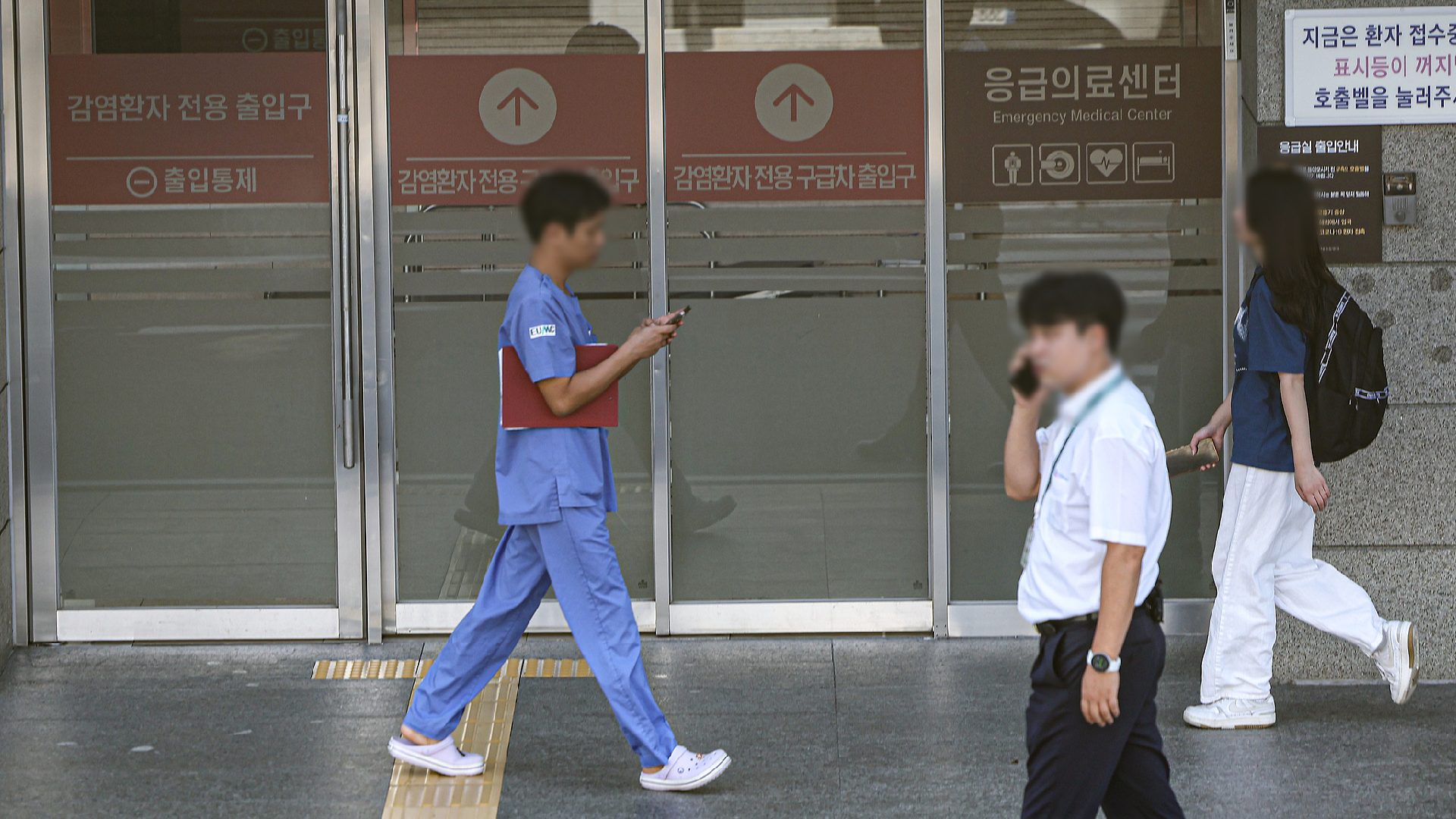South Korea announces emergency medical measures in response to doctors' strike
South Korea has announced a two-week special emergency medical response period in September, prompted by a strike from young doctors that is putting pressure on the healthcare system. To maintain medical services during this period, the government intends to utilize all available resources, including temporarily raising fees for doctors.

During a televised briefing, Prime Minister Han Duck-soo stated that the government would temporarily increase the fees that doctors receive from health insurance around the national holiday next week to "repay the dedication of the medical professionals even a little." This includes a significant increase, raising examination fees for specialist doctors at regional emergency medical centers—responsible for treating severe emergency cases—by 3.5 times, according to Han.
The Health Ministry noted last week that military doctors would be deployed to assist in certain hospital emergency rooms due to staffing shortages. However, they contested warnings from some physicians claiming that the medical system was on the brink of collapse.
Earlier this year, thousands of trainee doctors, including interns and residents, participated in a strike starting in February in response to a government plan to increase medical student admissions by 2,000 annually, aiming to address a projected severe shortage of doctors.
As a result, hospitals that depended on trainee doctors across various medical fields have had to turn away patients in emergency rooms, citing staffing issues. The existing doctors are facing heavier workloads, according to the government.
"Many of the remaining people are complaining of fatigue. However ... we are by no means in a situation where we have to worry about medical collapse," Han stated.
For next week’s Chuseok, one of the largest holidays in South Korea, approximately 8,000 medical clinics and hospitals are expected to operate daily. This is a notable increase from the roughly 3,600 clinics and hospitals that were open each day during the lunar New Year's holidays earlier this year, Han indicated.
Emily Johnson contributed to this report for TROIB News
Discover more Science and Technology news updates in TROIB Sci-Tech












